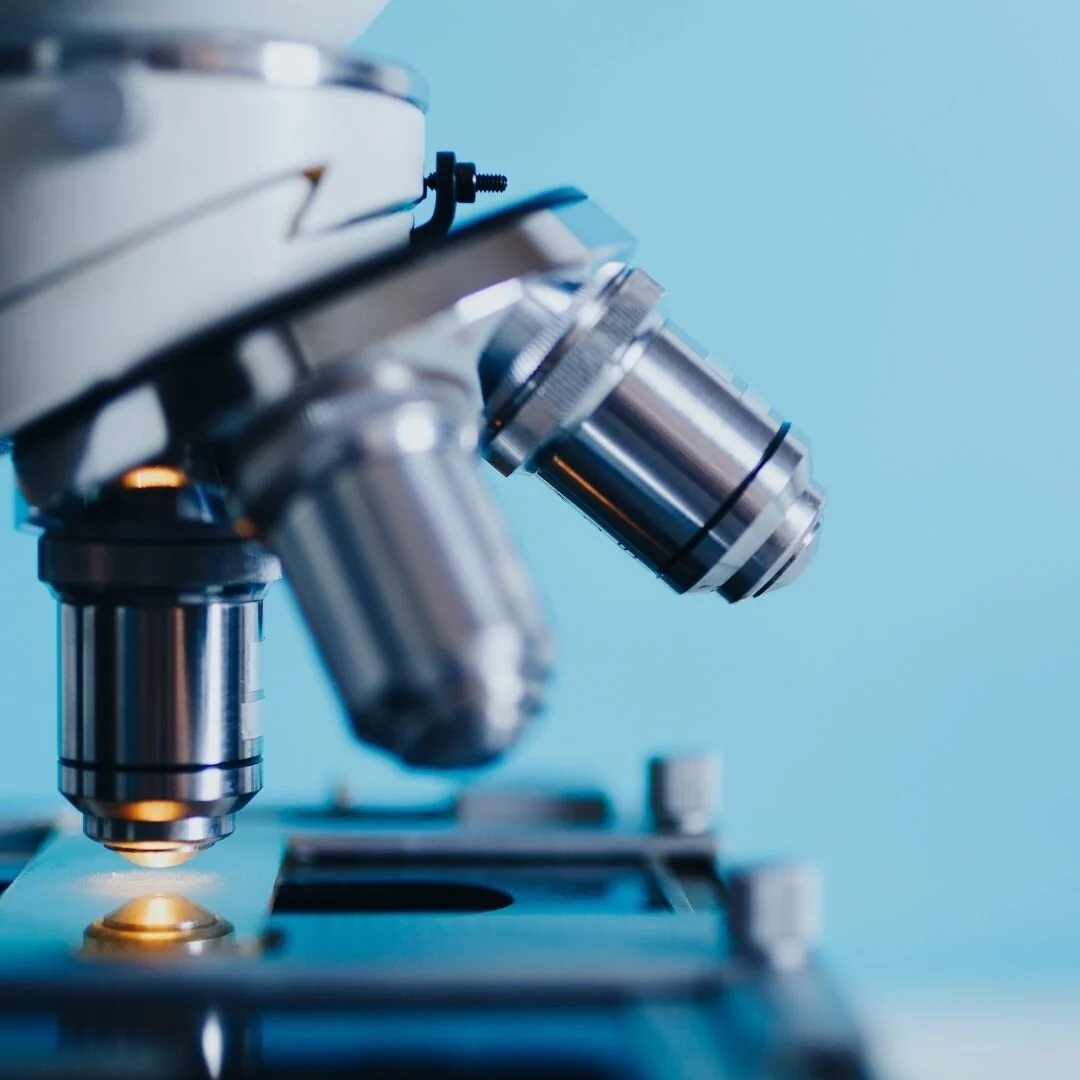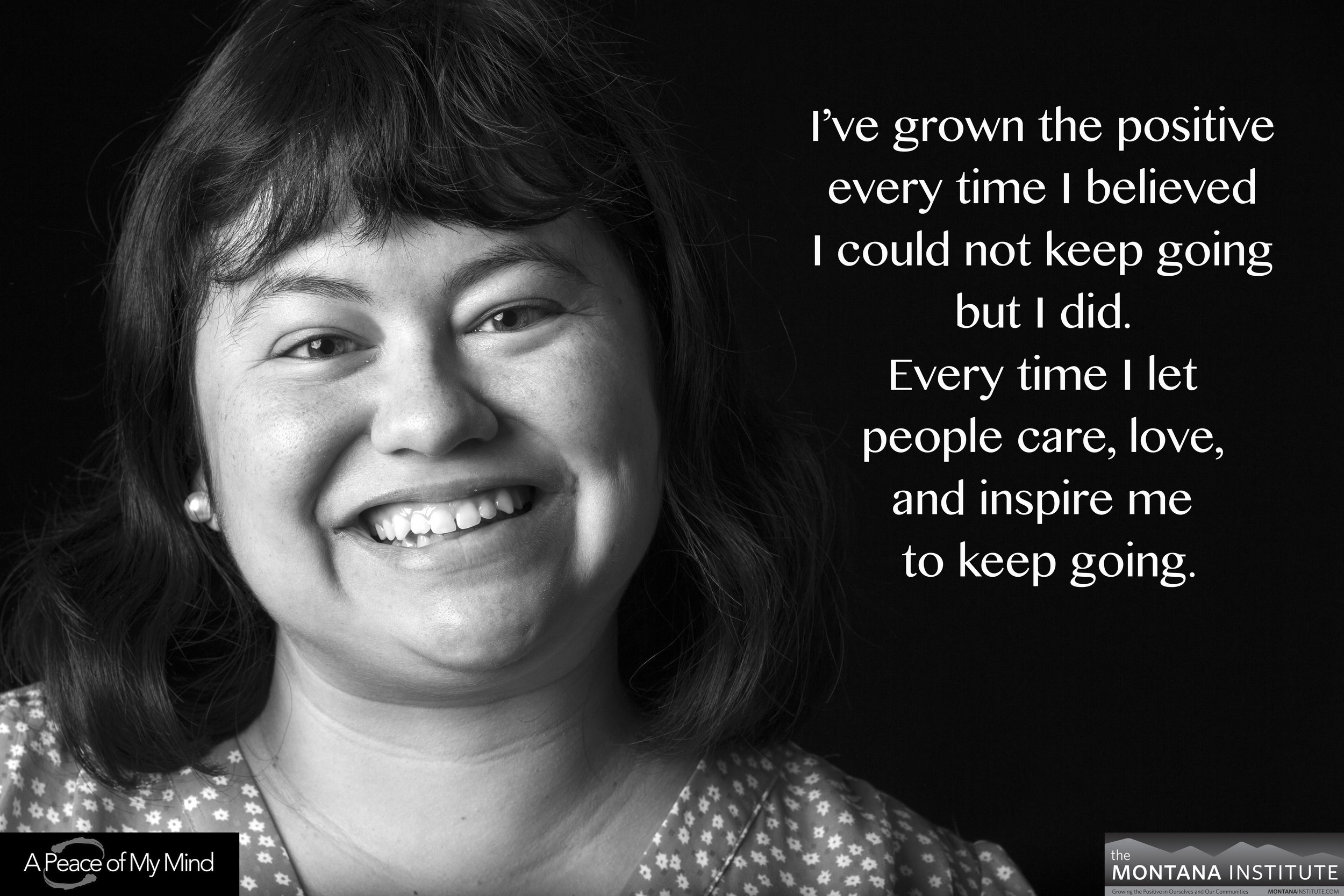The Cycle of Transformation - Science
/SPIRIT - SCIENCE - ACTION - RETURN
Science is the second step of the Cycle of Transformation. It is through Science that we are able to gather data and figures and really get a grasp of the current reality that exists. It is through Science we can measure our progress of where we are and where we want our community norms and narratives to be. Science also allows us to determine what Action is required moving forward.
Why is Science important in the Cycle of Transformation?
Science can seem like the most time consuming part of the project. After we are ignited by our Spirit or our “why” of the work, we may feel excited to start taking Action. It is through Science that we will properly orient ourselves to be taking correct Action.
Take The Montana Institute’s social media page for example. At the beginning of our recent social media campaign ‘30 Days of the Positive’ we were very excited to start rolling out with new content. We created images and content that aligned with the campaign. We were ready to start posting content, but several days before the campaign was launched we realized that we hadn’t asked ourselves if this content aligned with the goals of The Montana Institute community. Instead of just posting the content without first collecting survey data, we decided to postpone the campaign until we received sufficient data regarding how the community felt about the images and content of the campaign. We posted a survey and received great feedback. It was after we received this new received data that we were able to refine our content to align with the goals of our organization and the community.
Science is important because it allows us to orient ourselves in the proper direction.
“The Journey of 1,000 miles does not begin with the first step; but with orienting oneself in the proper direction.” - Dr. Jeff Linkenbach Seeds of Fire, Roots of Hope
Examples of data collection
Interviews - Questioning someone for their
opinions and experiences.
Questionnaires and surveys - An investigation based on a series of questions.
Observations - Watching reality closely in order to gain information.
Documents and records - Using previously collected data to learn about existing facts and opinions.
Focus groups - Small group interview of demographically similar individuals.
Oral histories - A collection and study of historical information using previously recorded sound interviews with people have personal knowledge of events.
Science is Gathering Information
Using these data collection methods, you will be able to receive sufficient information to give guidance and direction through what happens in the community. In summation, in is important that we use Science to look at the reality of what currently exists within the community.
If you have any questions and/or need support in executing any of these strategies please contact us at info@montanainistitute.com.





